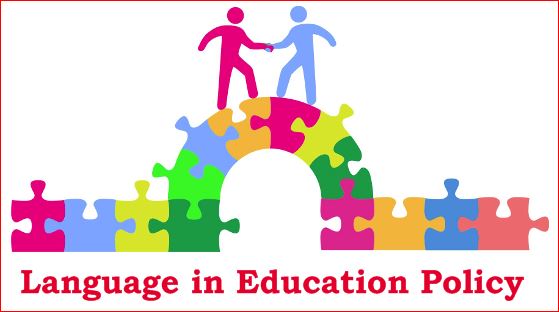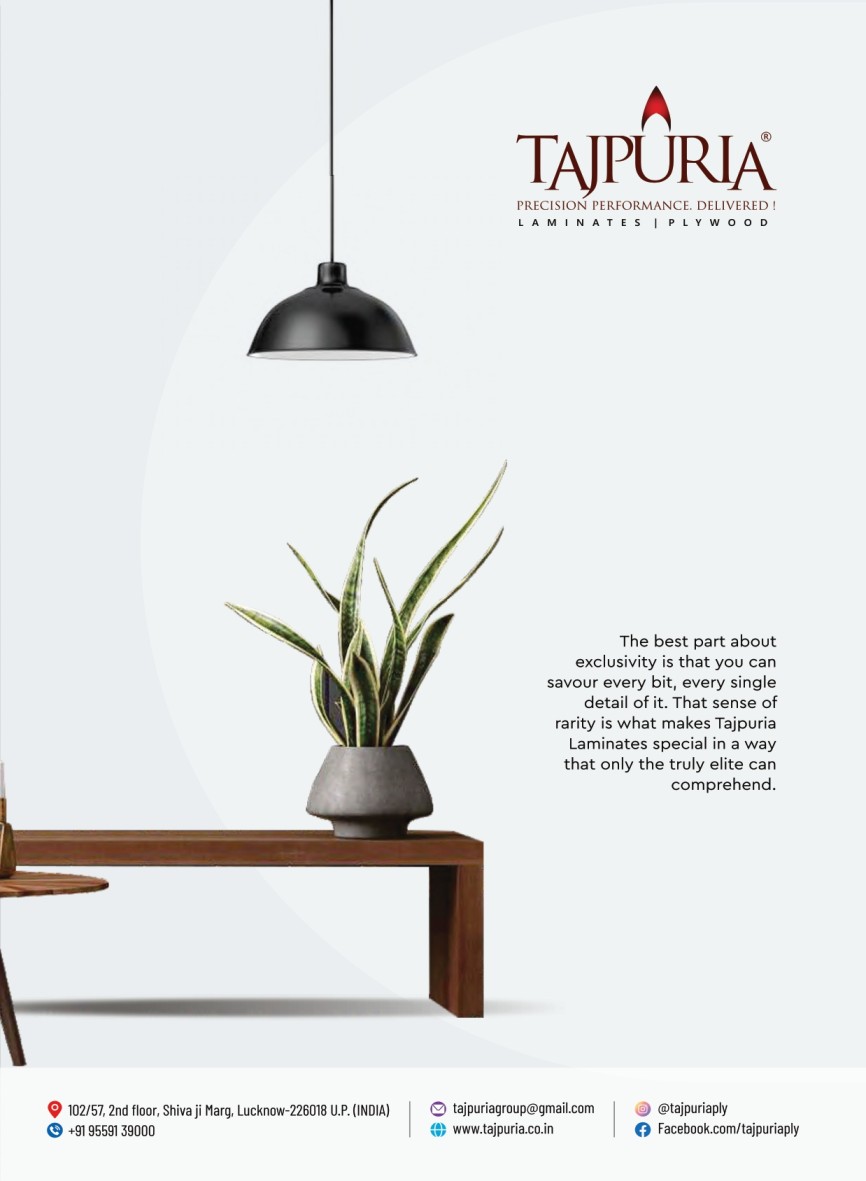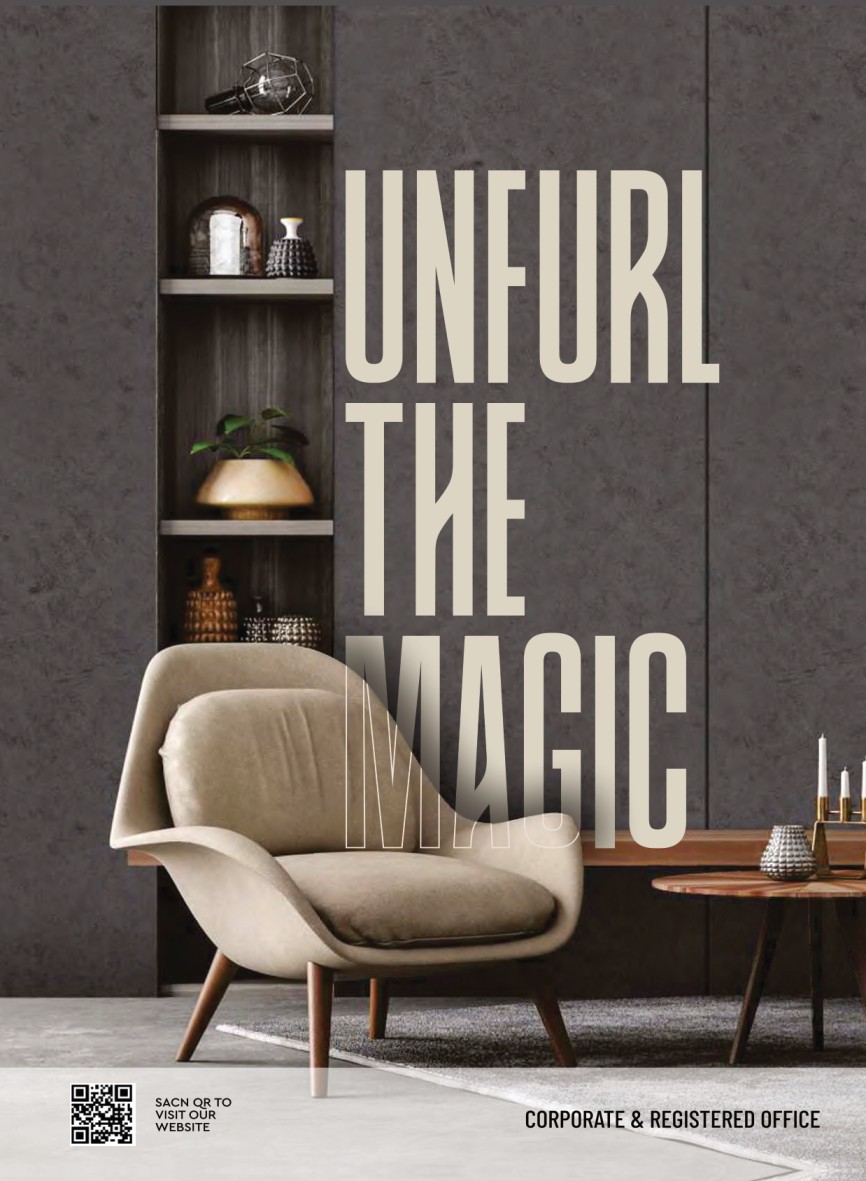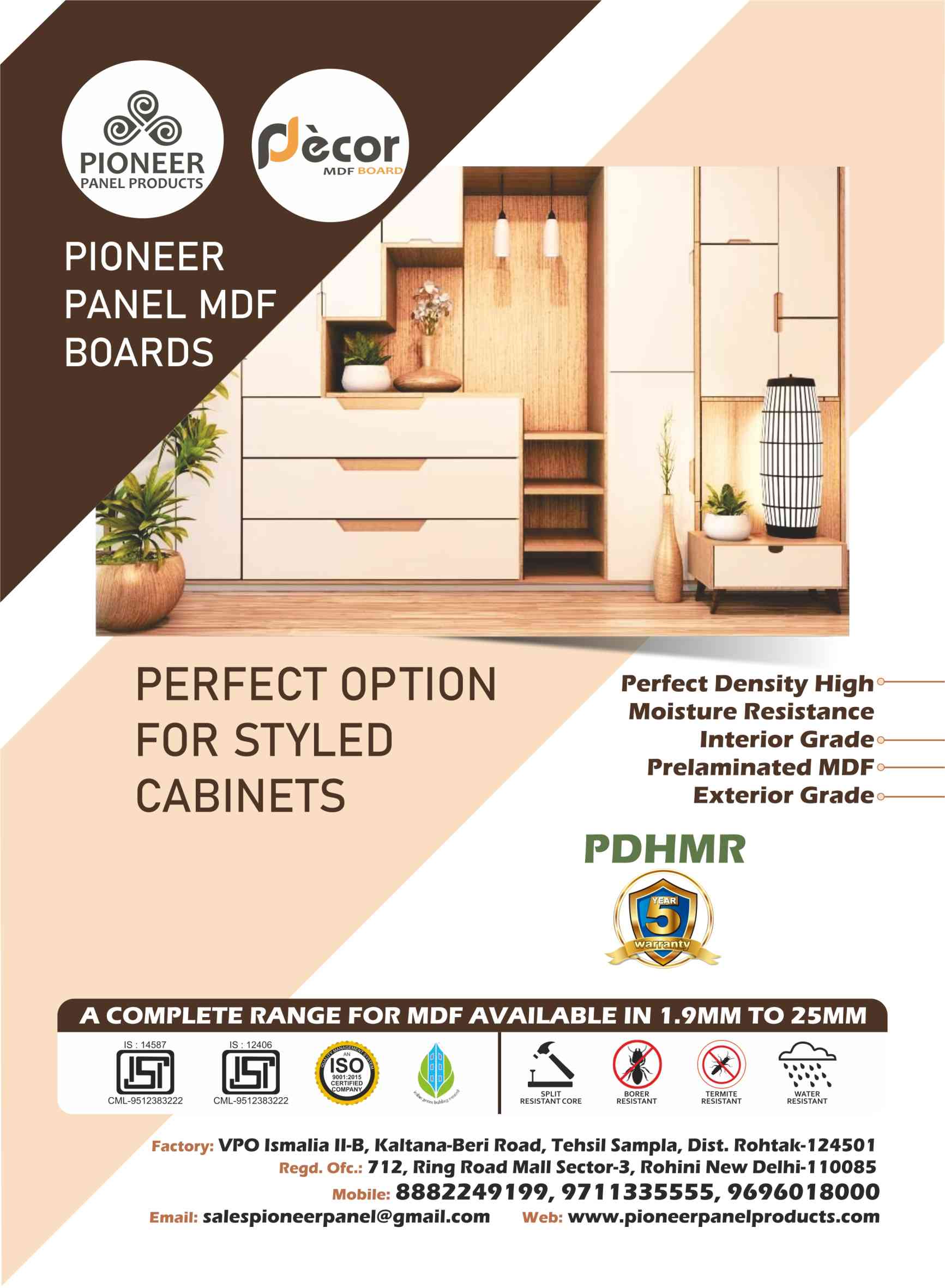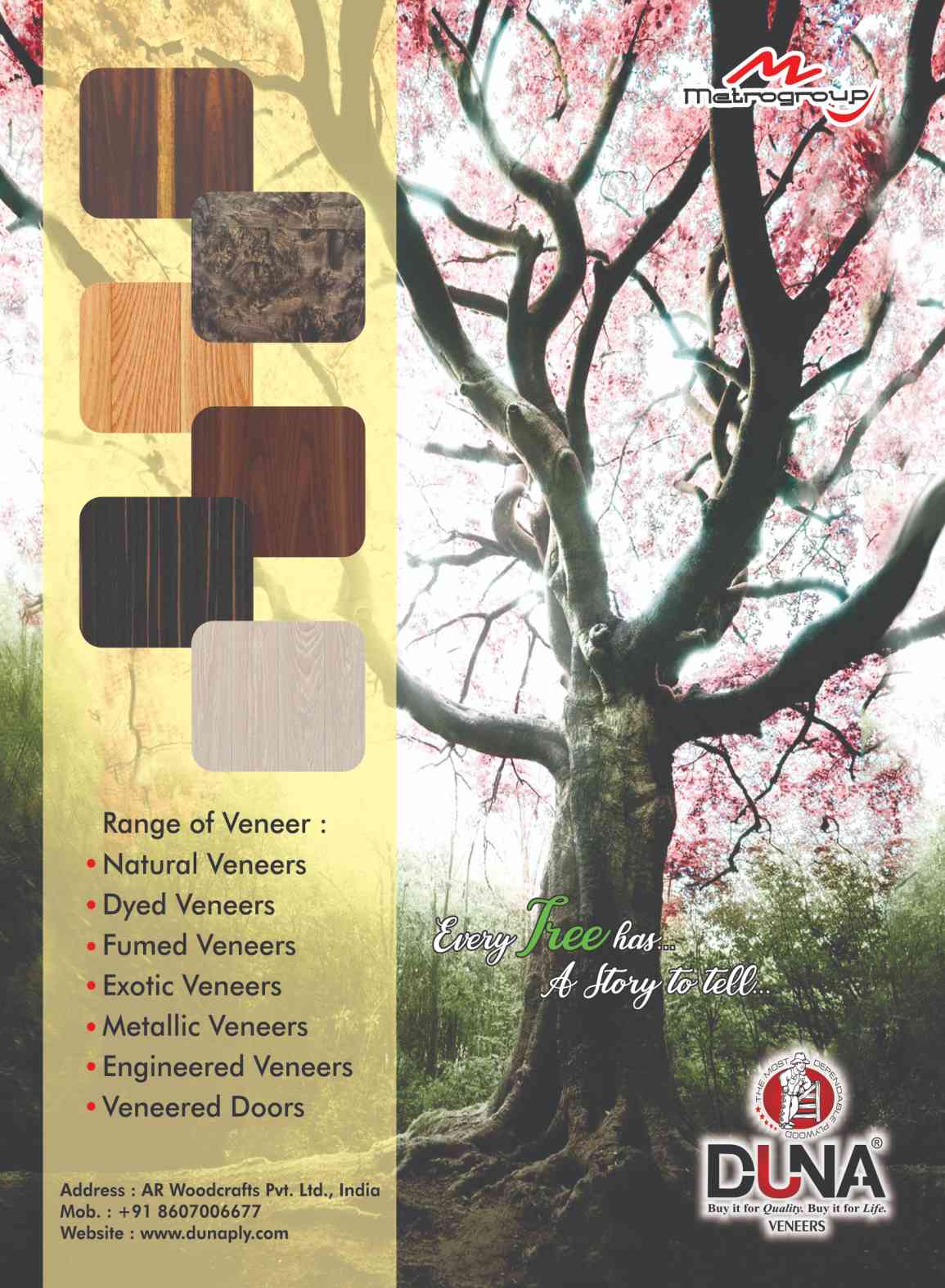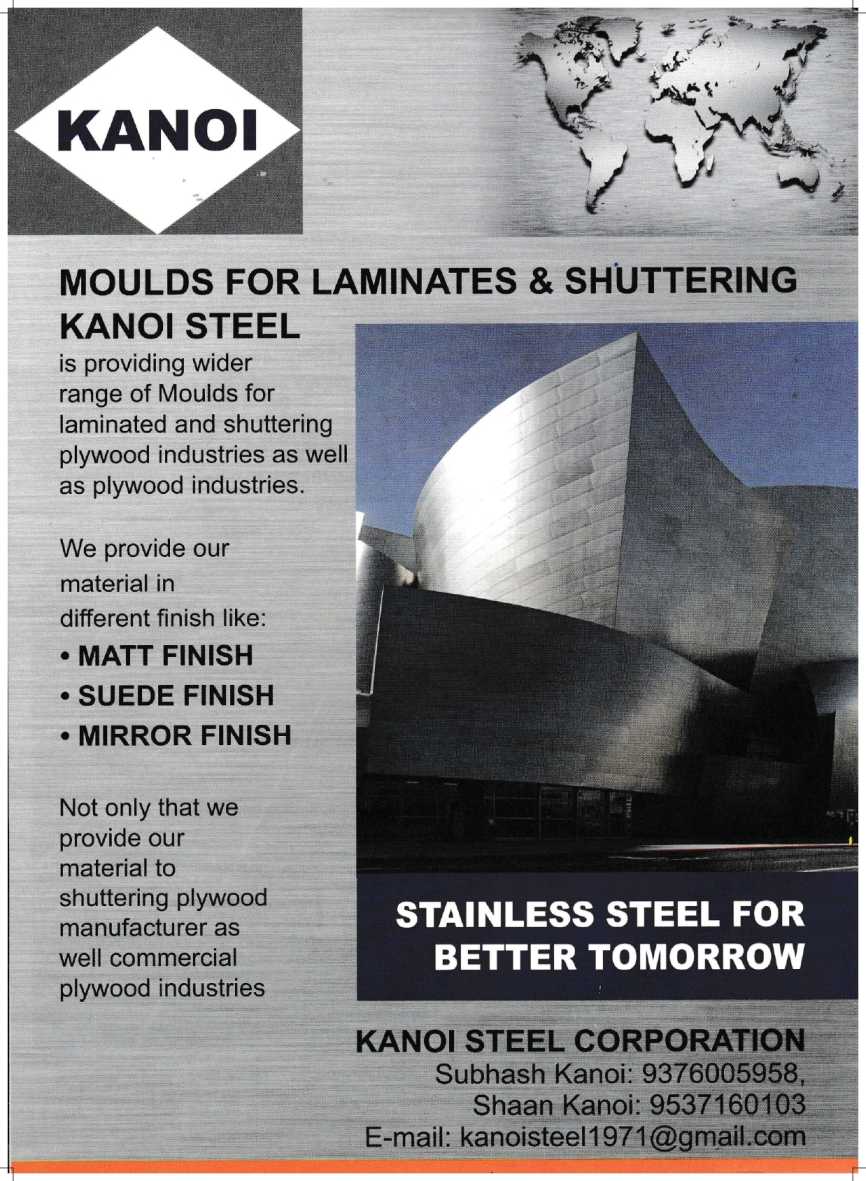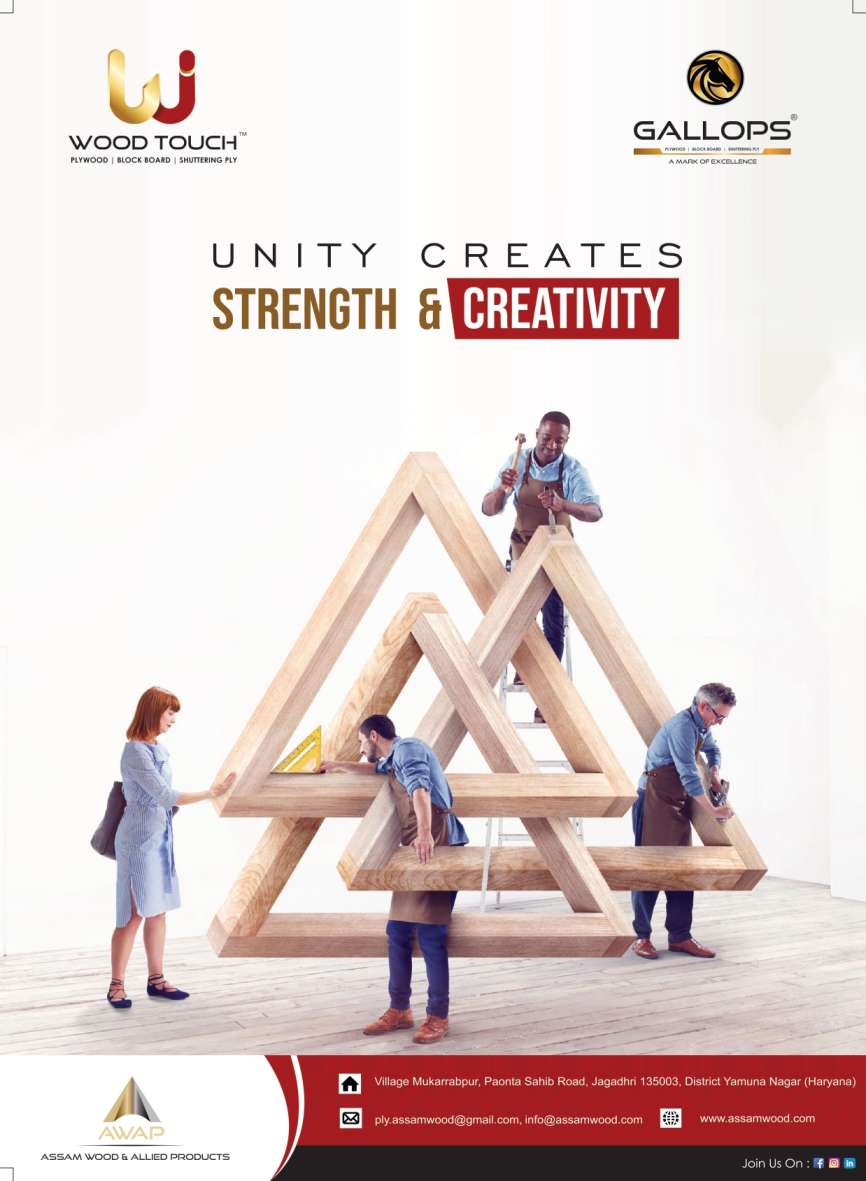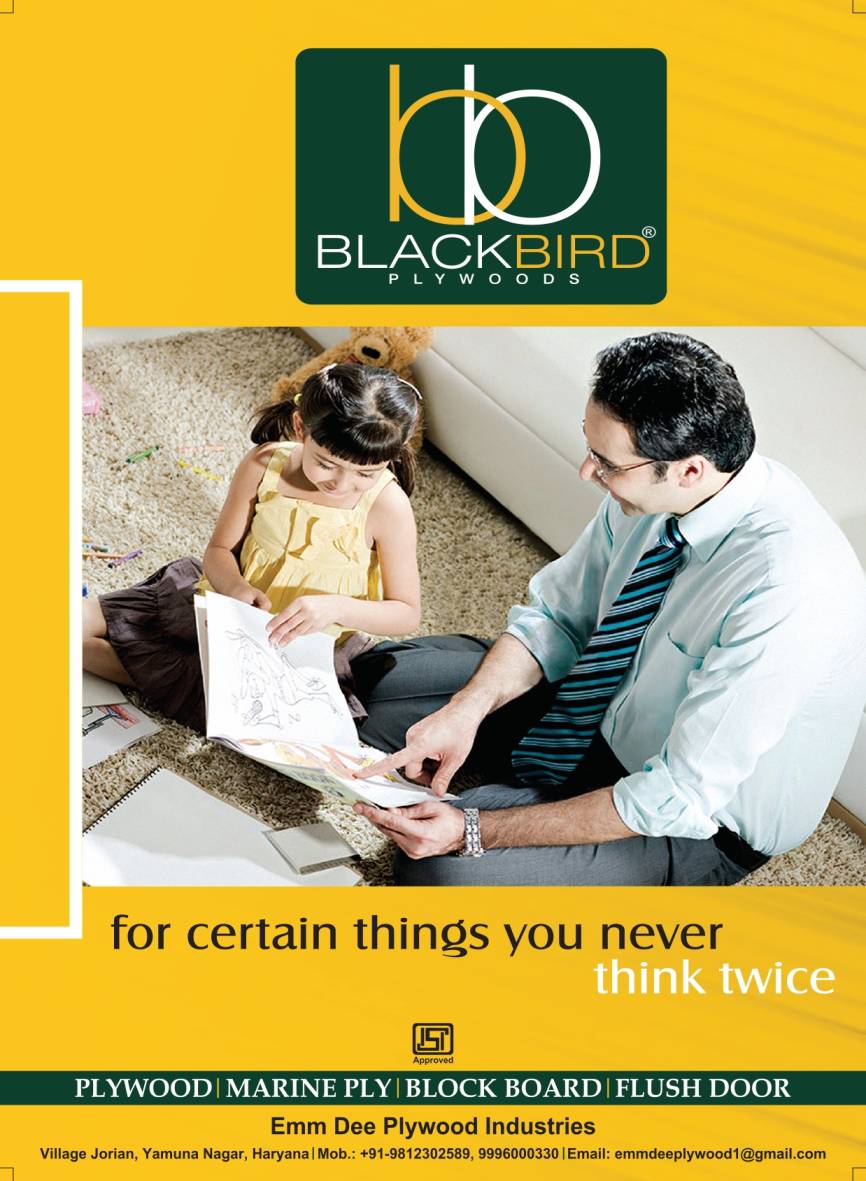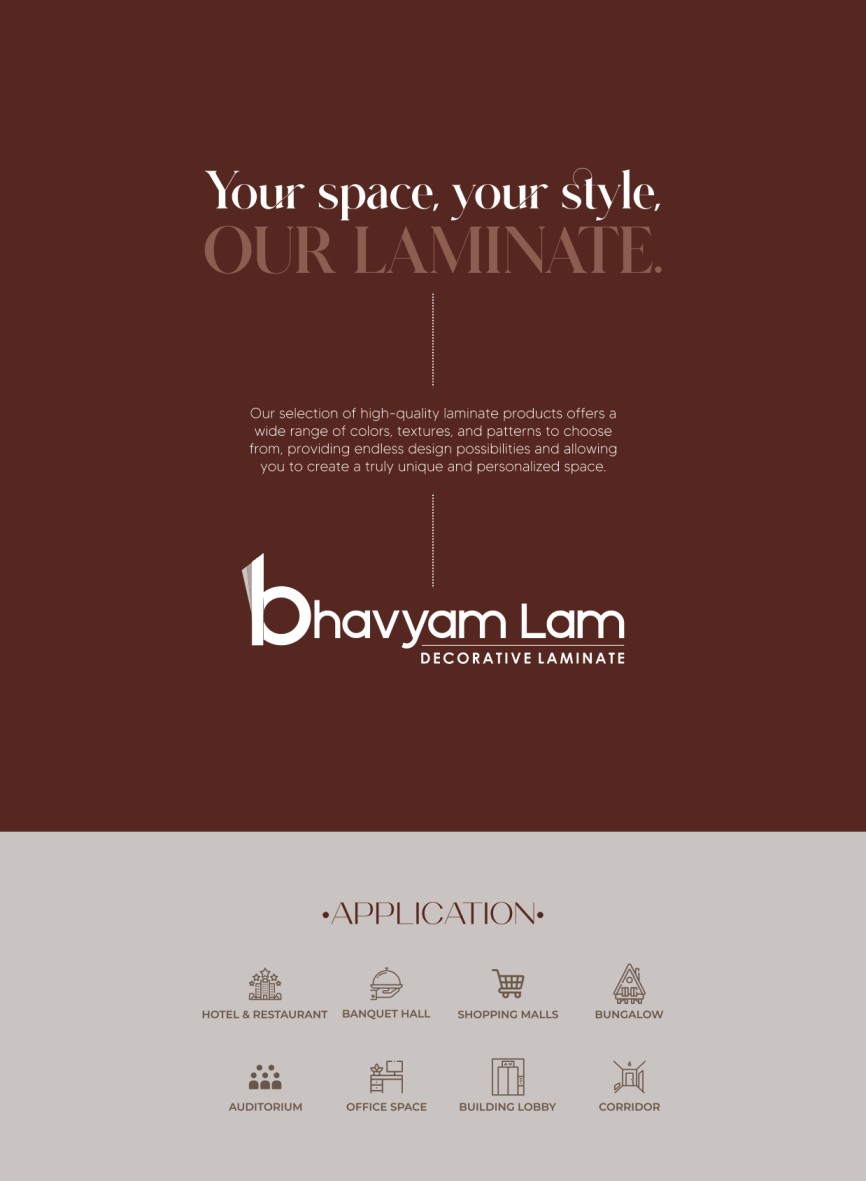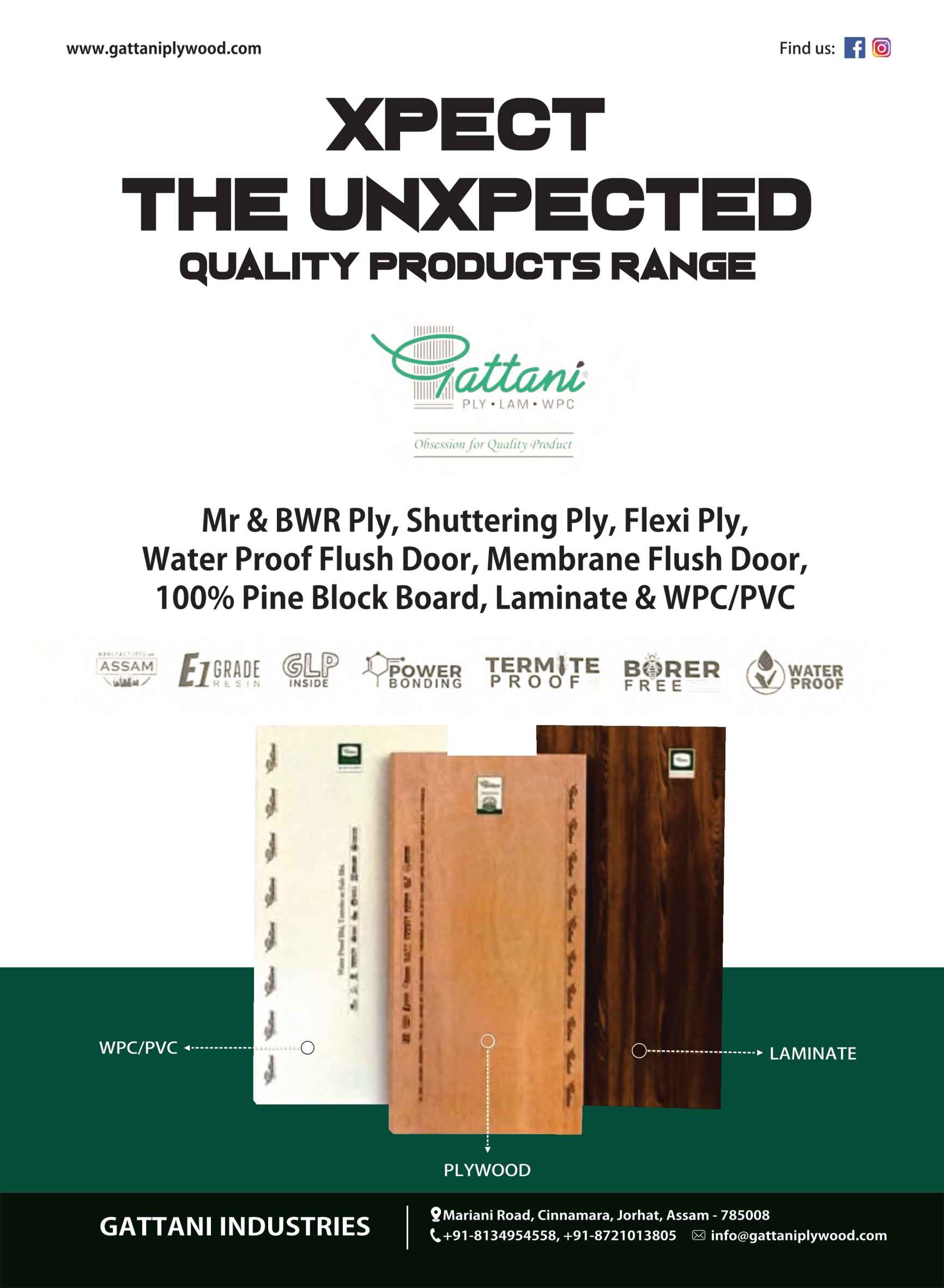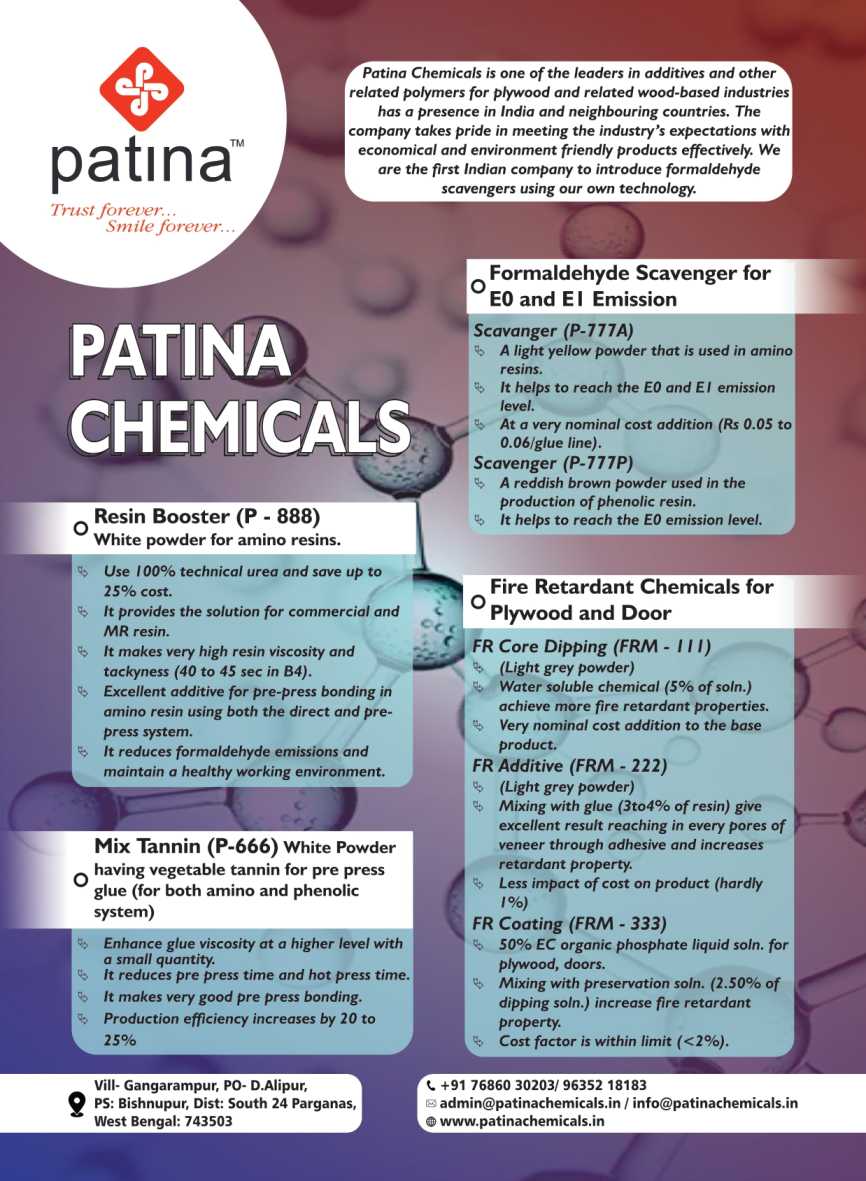Issues related to import of timber and furniture
- August 28, 2020
- 0
Issues related to import of timber and furniture
A meeting to deliberate upon the issues concerning import of timber and furniture was held under the Chairmanship of Shri Ajay Srivastava, Economic Advisor, Department of Commerce, GoI, on 31st July, 2020 through Video Conferencing. Sri Naval Kedia, President, Federation of All India Timber Merchants, Saw Millers and Allied Industries, Shri Sajjan Bhajanka, President, Federation of India Plywood & Panel Industry, Dr. C.N. Pandey, Principal Advisor, Federation of India Plywood & Panel Industry were among the participants from industries who attended the meeting.
2. At the outset Shri Ajay Srivastava, Economic Adviser, briefed the participants about the issues concerning import of timber and furniture, which inter-alia included: (a) use of harmful chemicals and additives in the imported furniture which may require imposition of technical regulations barriers to prevent inflow of these harmful imports into the country.
(b) Difficulties relating to quarantine requirements under the Plant Quarantine Order and also a need to simplify the testing facilities and certification processes to allow the import of timber which in turn would be beneficial for protecting the forest cover in India
(c) issues relating to apparent inverted duty structure in the import of timber vis-à-vis furniture.
3. Shri Darpan Jain, Joint Secretary, Department of Commerce, elaborated upon the concerns relating to Sanitary and Phyto Sanitary (SPS) measures and the compliance requirements under the Plant Quarantine Act, especially those relating to the use of Methyl Bromide as a fumigant.
i) Use of Methyl Bromide for fumigation and removal of penal fees:
The Department of Agriculture vide its letter no.-8-65/2012-PP.II dated 30.10.2014 allowed the import of all agricultural commodities without offshore Methyl Bromide fumigation from those countries who have prohibited the use of Methyl Bromide as a fumigant for quarantine subjected to Methyl Bromide fumigation in India at ports of entry and on payment of penal fees. This penal inspection fee is five times higher than the normal rates and thus, increases the cost of raw material and erodes the competitiveness of Indian industry. The industry has opined that charging of such fees is a violation of the India’s obligation under the WTO SPS Agreement to impose fees that are “no higher than the actual cost of the service”. It was also pointed out that D/o Commerce had, recommended in 2016, that such charges of penal inspection fee are unjustified and may be put to an end.
ii) Time bound action for relaxation cases:
For all the relaxation cases, industry has suggested time bound decision in getting clearances from the port PQ Authority and an automatic exit route compared to lengthy time consuming and cost inflictive process of relaxation. It was further pointed out that many a times the amount of port demurrages and detention fee incurred is more than the value of the wood.
iii)The changing wood accessibility scenario (Including/Incorporating names of new plantation timber species which are available abundantly.)
Industry Associations pointed out that despite making available Pest risk analysis report (PRA) by the exporting countries to our Indian PQ department, the name of Larixdecidu (European Larch) has not been included in the list so far and the issue is pending for the last almost more than 3 years.
iv) Removal of additional declarations in Phytosanitary Certificate form:
Despite Phytosanitary Certificate issued by the exporting country clearly stating that the plants or plant products have been inspected according to appropriate procedures and are considered to be free from quarantine pests and free from injurious pests and that they are considered to conform to the current Phytosanitary regulations at the importing country, the release of consignments are withheld for want of additional declarations which most of the exporting countries do not agree to provide.
v) Reduction in basic custom duty and removal of antidumping duty:
The members suggested that the basic custom duties for timber logs, squares may be reduced from the current 5% to 0%. This shall make raw material available at cheaper rates for the construction, housing and furniture industry as well as boost the local employment of skilled and unskilled labour. This shall also give a boost to manufacturing of finished products in India under the Make in India Scheme and reduce import of finished products front countries like China, Vietnam and Malaysia. Further, it will add value to the forest policy which mandates and promotes the increase of India’s forest cover.
It was also suggested by the members that Antidumping Duty on MDF and Particle Board be removed to promote domestic furniture industry.
vi) Relaxation of CAPEXIL Guidelines:
As per current regulations of CAPEXIL, wood related products can be exported only by importer – manufacturer. The associations asserted that relaxations should be given for manufacturers/traders for exports even if materials are bought from other importers.
vii) Flaw in the existing Assessment System
Industry Associations pointed out that the Customs officials at various ports around the country use different yardsticks to assess the value of imported timber. A request for standardization of custom valuation guidelines across ports has, therefore, been made by the Associations.
Further, it was pointed out that more than 80% of imported timber consignments are being subject to a Minimum Floor Price Value Based Assessment System. The Current Value addition/input-output norms for exports are difficult to achieve. They requested that permission for exports to be given with minimum 10% value addition on imported raw materials.
viii) Higher rentals at ports
It was pointed out that the ground rent charge at New Mangalore Port Trust to stack timber at ports was raising the cost of imported basic timber and therefore requested for its reduction.
ix) Other Suggestions by Associations:
a) Development of Agro Forestry Plantations and provision of production linked incentives (PLI) and institutional support for wood drying and treatment facilities in designated clusters and hubs.
b) Development of Furniture parks at ports, establishment of a Timber Board, Quality Standardization, duty free imports for machinery required for the furniture industry, vocational training schools were other points mentioned.
c) Exemption of the PQO order on import of wood samples (upto 1 cbm) which are imported as prototypes for Research and product development.
5. Ms Pooja Swaroop, Deputy Secretary, DPIIT stated that DPIIT has been engaging with the stakeholders from time to time and informed that several initiatives have been taken to reduce the impediments and promote the domestic timber and furniture industry, which included duty enhancement proposals on furniture and proposals for reduction of duty on wood chip, charcoal, round log, which were sent to DoR. It was also informed that a meeting has also been planned with the Ministry of Environment and Forestry to amend the Forest Policy and efforts to ease the certification process in timber and that Development of furniture cluster is being taken up by DPIIT.
Courtesy: Sri Naval Kedia


